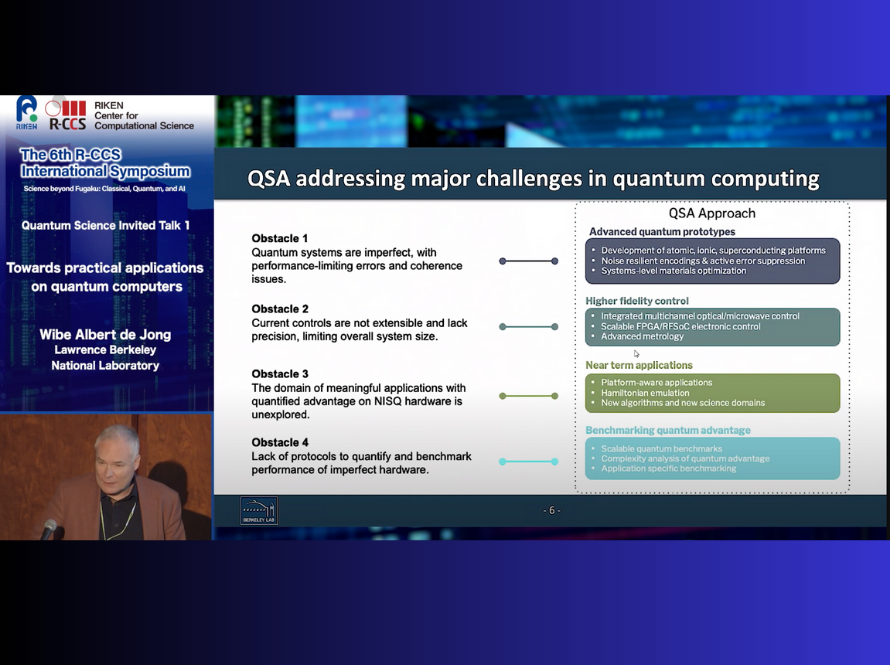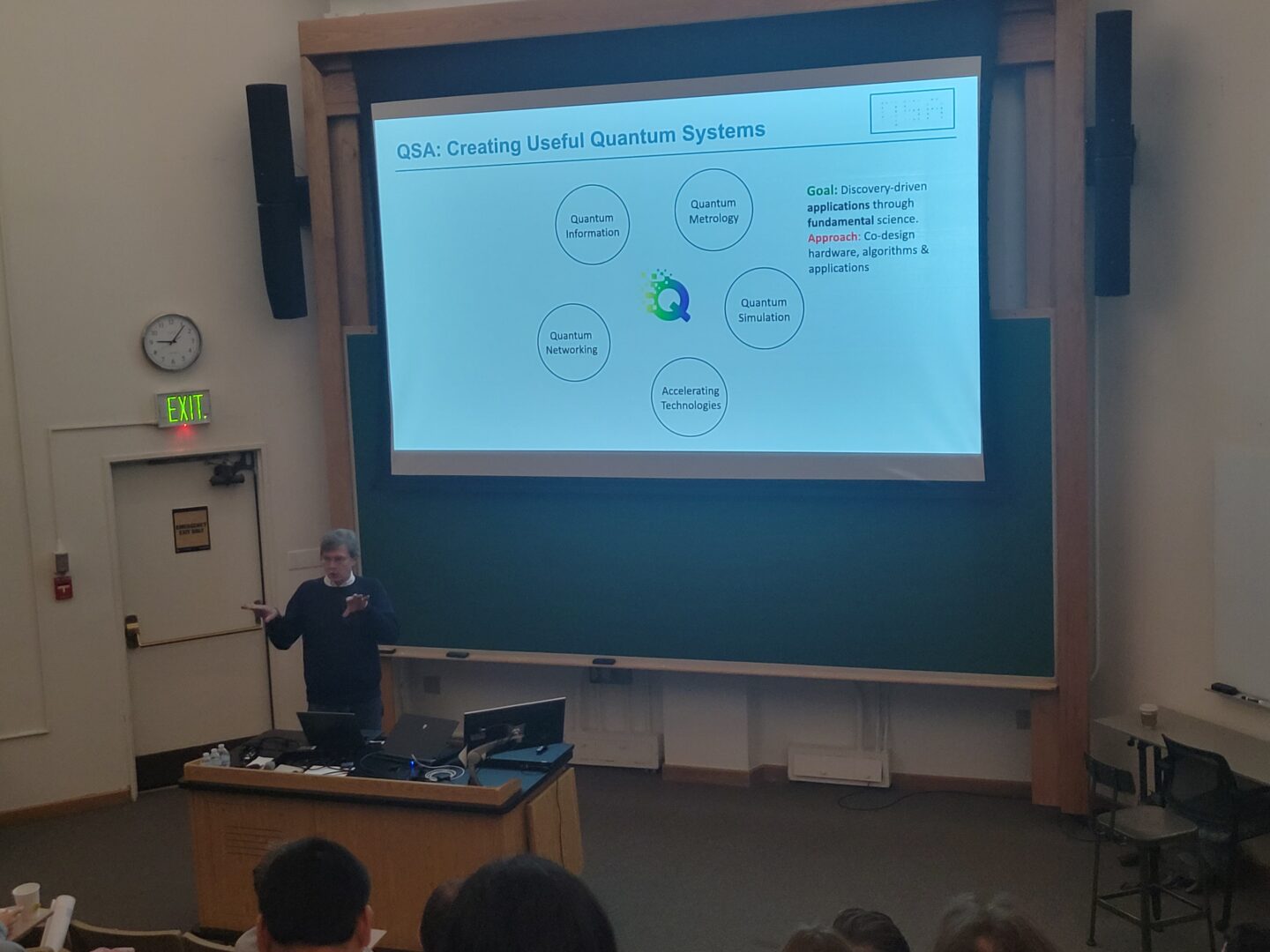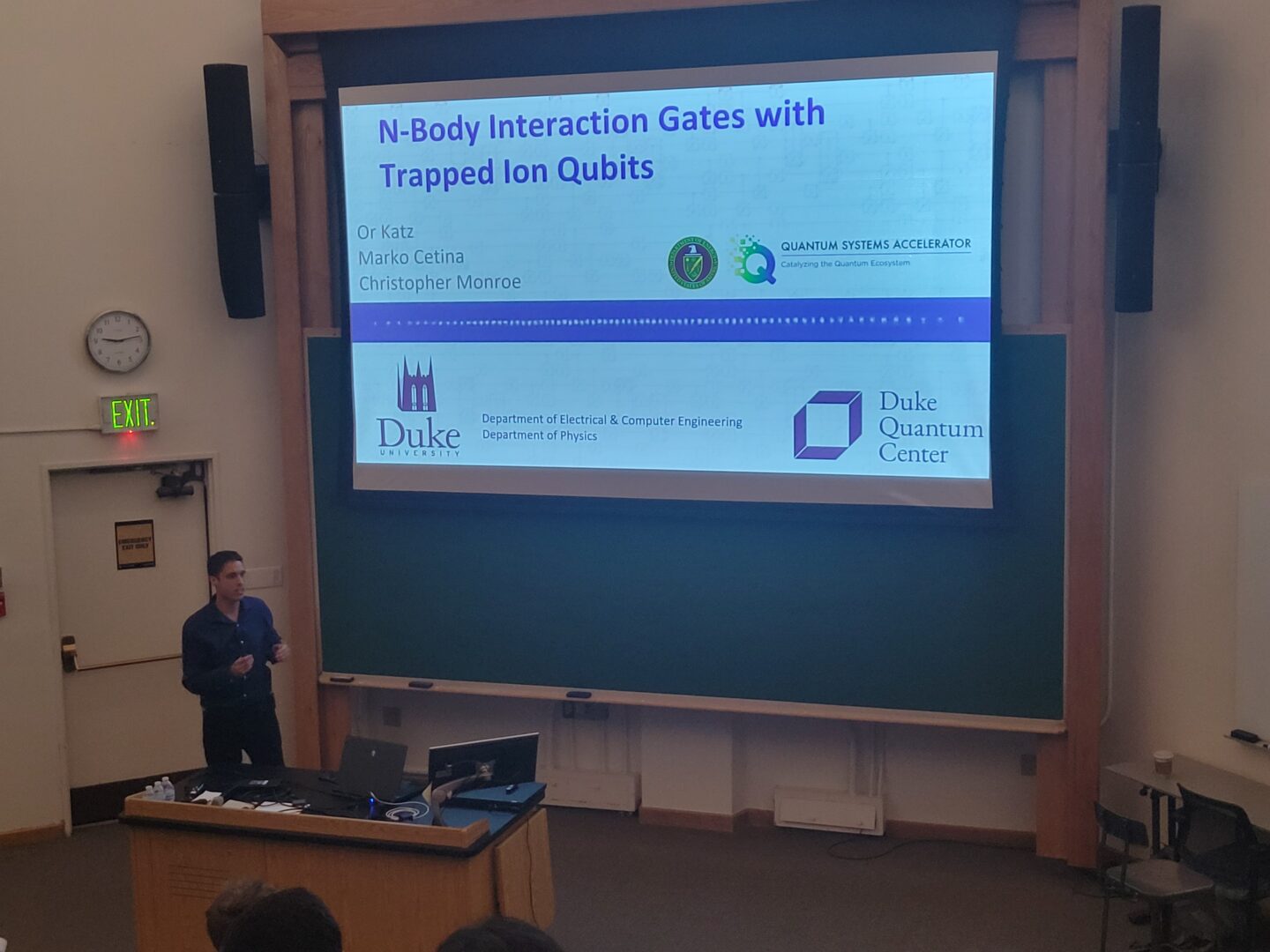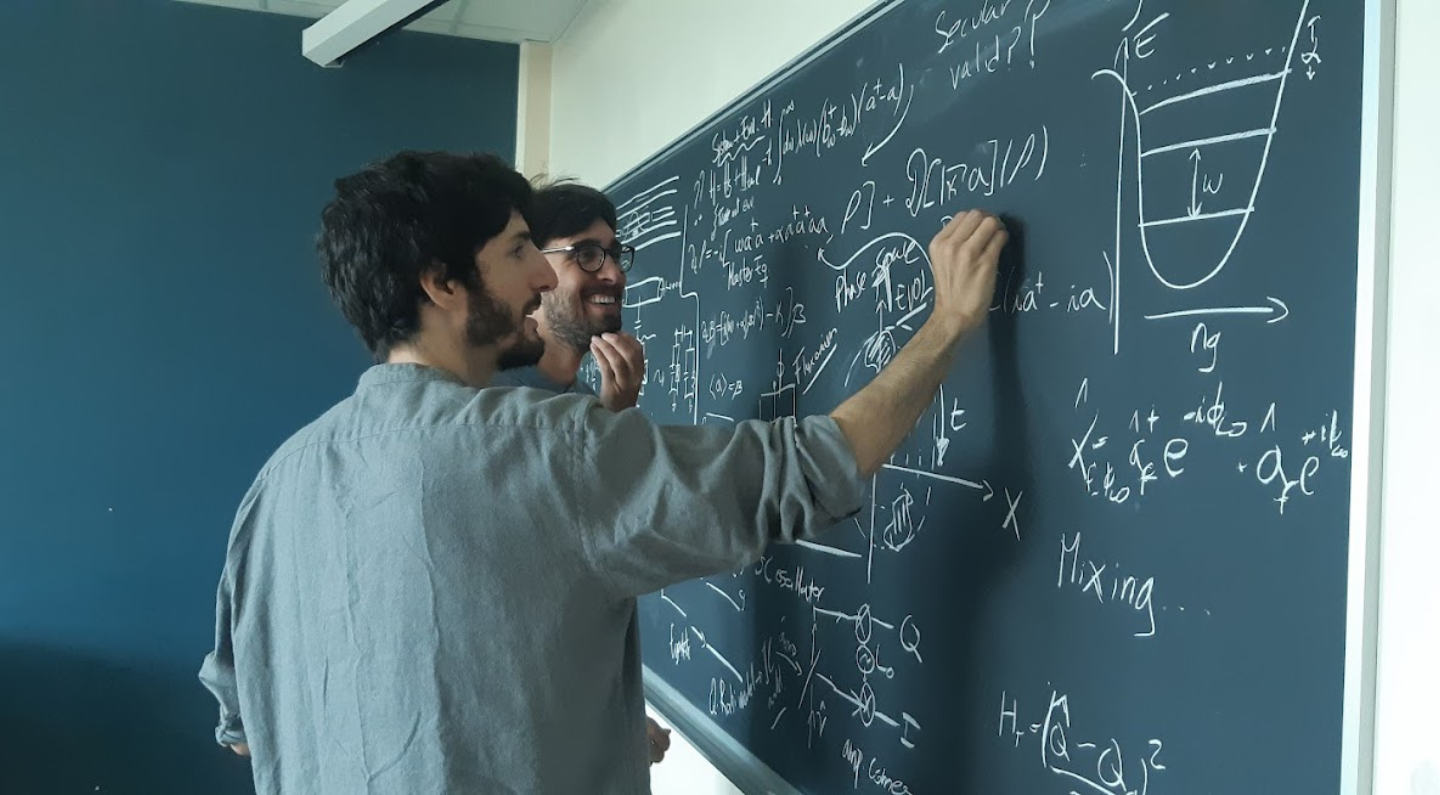QSA’s multidisciplinary expertise and network of world-class research facilities will enable the team to co-design the solutions needed to build working quantum systems that outperform today’s computers. The center is dedicated to a mission of pairing advanced quantum prototypes—based on neutral atoms, trapped ions, and superconducting circuits—with algorithms specifically constructed for imperfect hardware to demonstrate optimal applications for each platform in scientific computing, materials science, and fundamental physics.
QSA will deliver a series of prototypes created from these pairings to broadly explore the quantum technology trade-space, laying the basic science foundations to accelerate the maturation of commercial technologies.

“Co-design is critical. It is bringing together the hardware developments, devices, algorithms, and engineering solutions to deliver certified quantum advantage. That’s actually a very interesting challenge on its own. How do you know you actually have quantum advantage? And we do this specifically for scientific applications…” Bert de Jong, Director

QSA’s materials optimization and 3d processor architecture design will enable devices that maintain high coherence and fidelity as the system size scales. Coupled with novel approaches to control, QSA will produce the next generation of prototype superconducting processors.

Significantly larger numbers of atoms and new methods for control and fast readout, combined with tailored algorithms, will enable simulations of the complex dynamics of matter systems and other basic science. QSA is further developing systems based on a variety of atom species, and new applications of optical tweezers.

Novel trap designs, engineering techniques, and software will expand the system size of prototypes to hundreds of ions. New radio-frequency and optical controls will allow the efficient generation of entanglement while also increasing the system stability and extensibility.

Even high-quality quantum systems are susceptible to noise that introduce errors into calculations. QSA will implement techniques in noise mitigation, continuous error correction, and flag fault tolerance, adapted to the specific profiles of our platforms, to unlock their full quantum computing potential.

QSA will enable exploration of variational and hybrid algorithms across platforms, opening new avenues to tailor algorithms to specific platforms. This approach will also enable new techniques for physical simulations and to verify the quantum advantage of systems.



QSA has a broad community of researchers tackling several problems at the forefront of quantum information science and technology. Regular interactions with the wider community through seminars, panel discussions, and other events have been beneficial for the rapid exchange of ideas among groups and for sharing knowledge regarding solutions to commonly faced problems.

